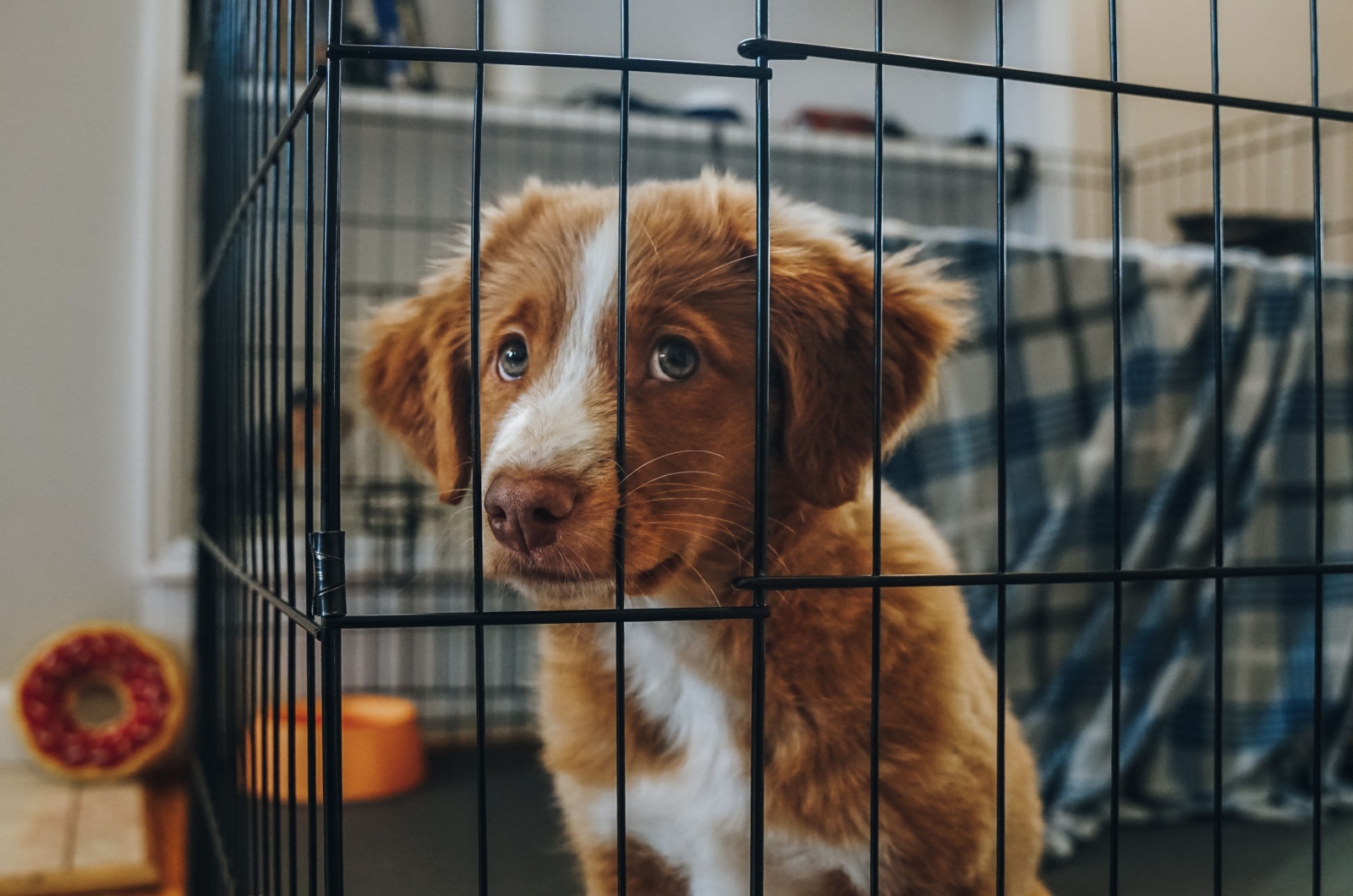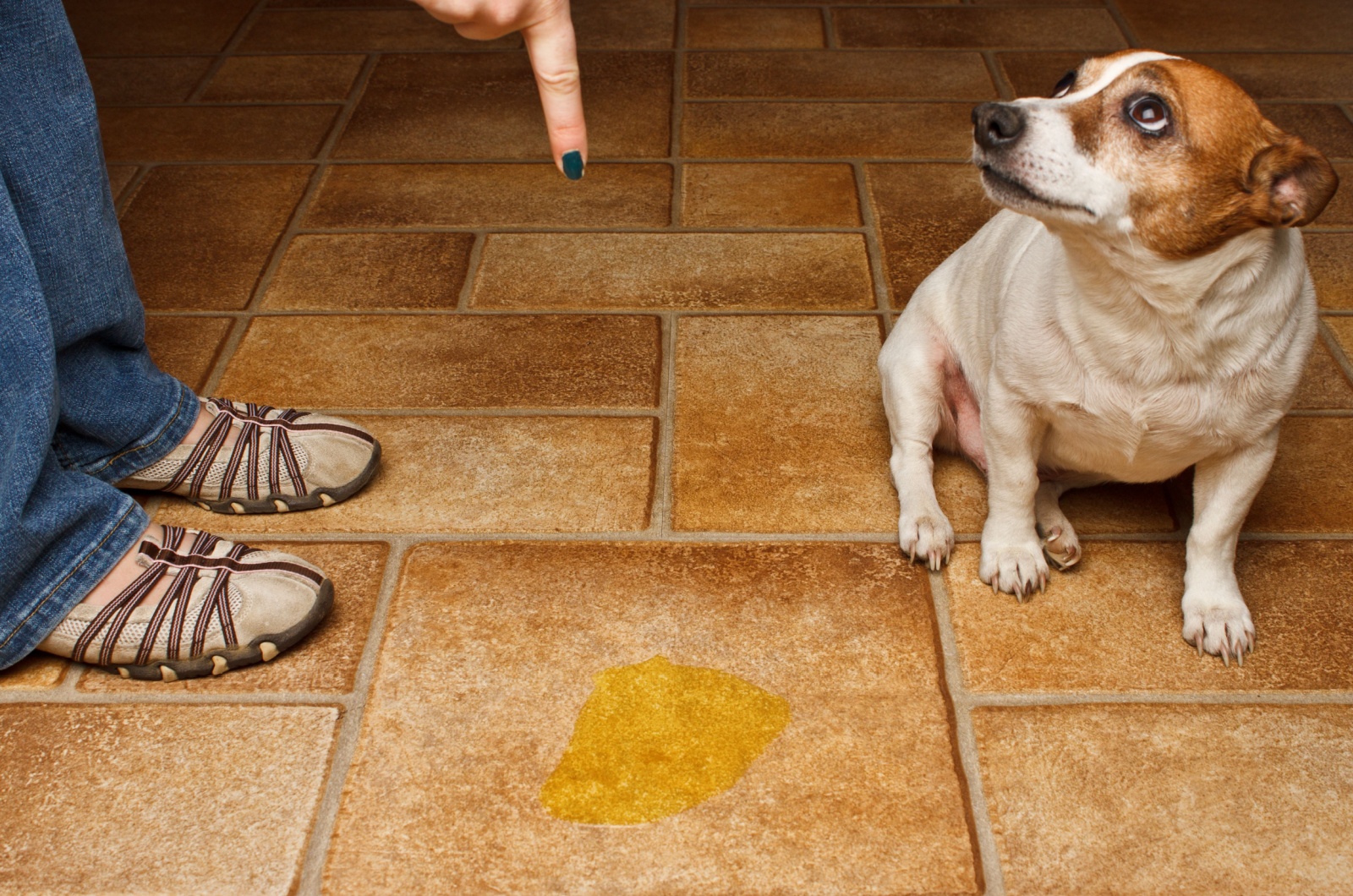9 Things That Can Hurt Your Dog’s Feelings

The assumption is that every proud dog owner raises his dog (or dogs) to the best of his knowledge.
Sure, not all doggos have the same starting position in the first place. There are many different factors that we need to take into account, such as location, owner experience, family type, and so on.
That being said, we can sometimes unknowingly do certain things that might do harm to our furry buddies, which can totally change the nature of the relationship we have with them.
One of the most common things owners can do unintentionally to their dogs, though, is hurt their feelings. Even having your dog’s best interest at heart, you can inadvertently affect your relationship with your dog, and that’s certainly not what you wish for!
In order to avoid all that, here are nine things that can easily hurt your companion’s feelings that you should pay attention to!
1. Neglecting Their Needs

First and foremost, you should never, ever ignore your dog when he’s trying to communicate with you! Dogs are social animals and their communication with you is extremely important for their well-being.
They see you as the pack leader who they look up to, and when that particular segment of their life is taken away from them, their entire nature changes.
Ignorance or neglecting their needs unknowingly has the same negative effect on their welfare as aversive training methods. And, according to Vieira de Castro et al1, canines primarily disciplined with aversive methods generally display more stress-related behavior.
2. Using Ruff Methods

How many times have you heard from random people that “dogs need to be taught manners”? Well, they do, but rough methods are certainly not the way to do it!
In fact, any kind of physical punishment is completely inappropriate and highly imprudent, as dogs do not respond well to harsh practice!
On the other hand, hitting your dog or yelling at him is practically abuse, and most certainly not a way to build a trustworthy relationship with your dog.
Harsh training methods can trigger severe stress in your dog instead of teaching him good manners, and that’s something no respectable dog owner can afford.
3. Constant Change Of A Routine

Even the smartest dogs in the world have a hard time changing their routine. This is because dogs are creatures of habit and that’s simply how they roll!
Constantly changing their routine is certainly not the way to go, especially because it gives them a signal that “something’s wrong.” If you have always fed them early in the morning and now you all of a sudden decide to change that, your dog might feel highly upset.
The same goes for walks, play time, and napping.
Once you set up your dog’s routine – I advise you to stick to it. Otherwise, you might affect your dog’s feelings.
4. “Crate Discipline”

The use of aversive methods, such as pain-inducing collars or other techniques that induce pain in dogs is highly controversial. Most certainly, forcing your dog in a crate is no different, as it directly affects the dog’s welfare.
One thing is to teach your dog to spend a night in the crate while you’re traveling, but restraining your dog from moving freely sends a negative signal and impacts his well-being.
Crate discipline is definitely not a good method for teaching your dog how to behave properly. Instead of a happy, enthusiastic pooch, your companion will probably cope with trust issues, stress, and anxiety.
5. Scolding Them For “House Accidents”

The “how to punish your dog for pooping” dilemma has one answer and one answer only – be patient and try not to make a big deal out of it.
Rubbing their nose in it cannot do any good to your dog, and it is most likely that he will start hiding his poop from you instead of learning how to go potty properly.
Scolding a dog for pooping or peeing in the house can severely hurt your dog’s feelings, especially during the puppyhood stage. So, instead of giving them a time out, try to be more considerate.
6. Not Rewarding Them

Did you know that dogs can be depressed, too? Sounds pretty unimaginable, but it’s true! One of the most common reasons why your dog might feel down is due to lack of interaction with you!
That’s right!
Dogs feel the urge to communicate with their hoomans throughout the entire day, and when you don’t give them enough credit for their pawsitive behavior – that just sends them the signal that they’re not doing something right.
Not rewarding them timely can impact their feelings in the long run, and that’s just not what you want in a pet.
7. Leaving Them In A House For Too Long

Not taking your pooch out on a regular basis is a serious problem, especially if you used to take your boy out regularly in the past.
Every dog, from the tiniest Chihuahua to the biggest Mastiff, requires at least one outing per day. taying at home and not socializing your dog risks them becoming timid and afraid of unknown people and other dogs.
On the other hand, leaving your dog in a house without adequate entertainment will most likely result in separation anxiety and make your dog feel less loved.
In that regard, you should always plan your daily activities in accordance with your dog’s needs. Or, reconsider having a dog if you have a way-too-busy schedule to keep up in the first place.
8. Comparing Them to Other Dogs

Credit: Shutterstock
Your dog may not know exactly what you’re saying, but your tone and attention can make them feel less valued if you show favoritism toward another pet. Celebrate their unique traits instead of comparing them.
9. Teasing Or Rough Play

Credit: Shutterstock
While some play is fun, teasing or roughhousing in a way that frustrates or frightens your dog can hurt their feelings. Always play in a way that’s safe and enjoyable for both of you.






